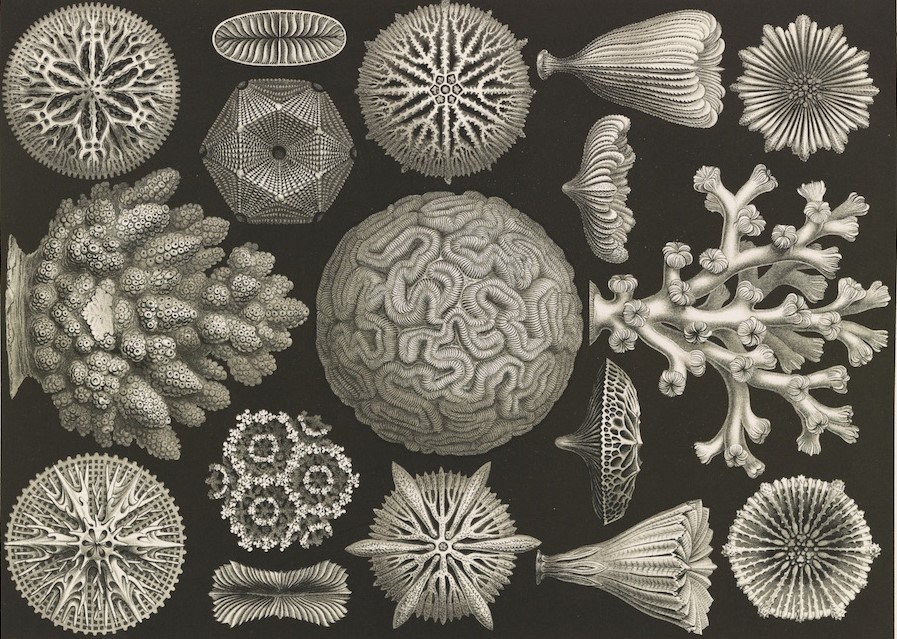PHIL 121: Philosophy and Morality [Fall 2020]
Syllabus
The theme of this course is “Ethics in the Family: From Birth to Death.” During this semester, we will use philosophical tools to think about how our lives should go: about whether we should have children, about the meaning of our lives, about how those lives should end. We will go chronologically, from before birth to the moment of death, investigating some major moral and political theories along our way. The main topics we will cover are:
The ethics of birth: We start before birth, looking at the questions surrounding reproduction. Is it ever okay to have children? If it is, should you adopt rather than having biological children? If it’s permissible to have biological children, what about abortion or the genetic enhancement of fetuses? In this section, we’ll also discuss some influential moral theories.
Justice and the family: Next, we talk about how the family should be organized. If you have children, can you favor them over strangers? As an adult, what should your relationship with your parents be like? What marriages should the state recognize, and should issues of gender justice affect how we organize those marriages? Considering these questions will take us into work on political theories of justice.
The end of life: Finally, we’ll end the course by considering end-of-life issues. What counts as a “good death”? Should you be allowed to have the choice to end your own life? And when you look back on your life, will it have been meaningful?
By the end of this course, you will be able to
Explain how philosophers think about common ethical issues related to the family
Assess the arguments for and against different ethical theories and positions
Argue, in discussion and in writing, for what you believe to be the correct answers to ethical questions
